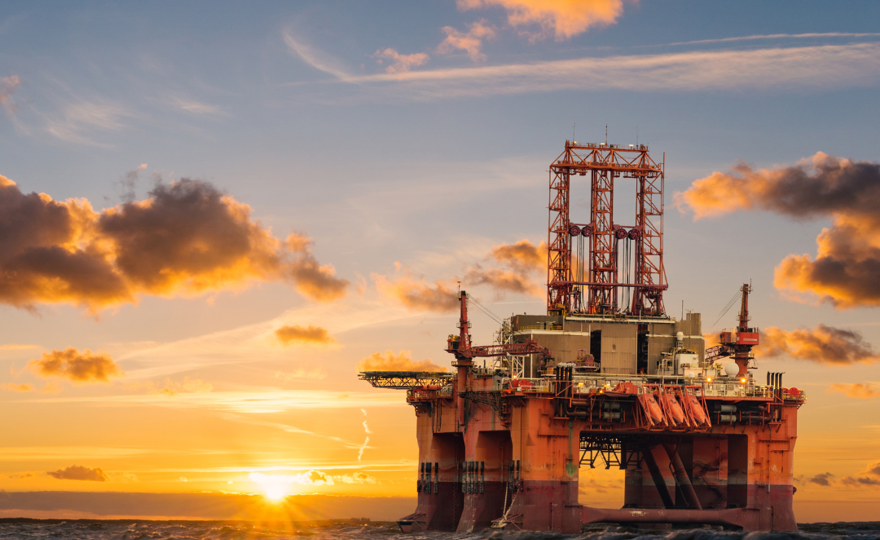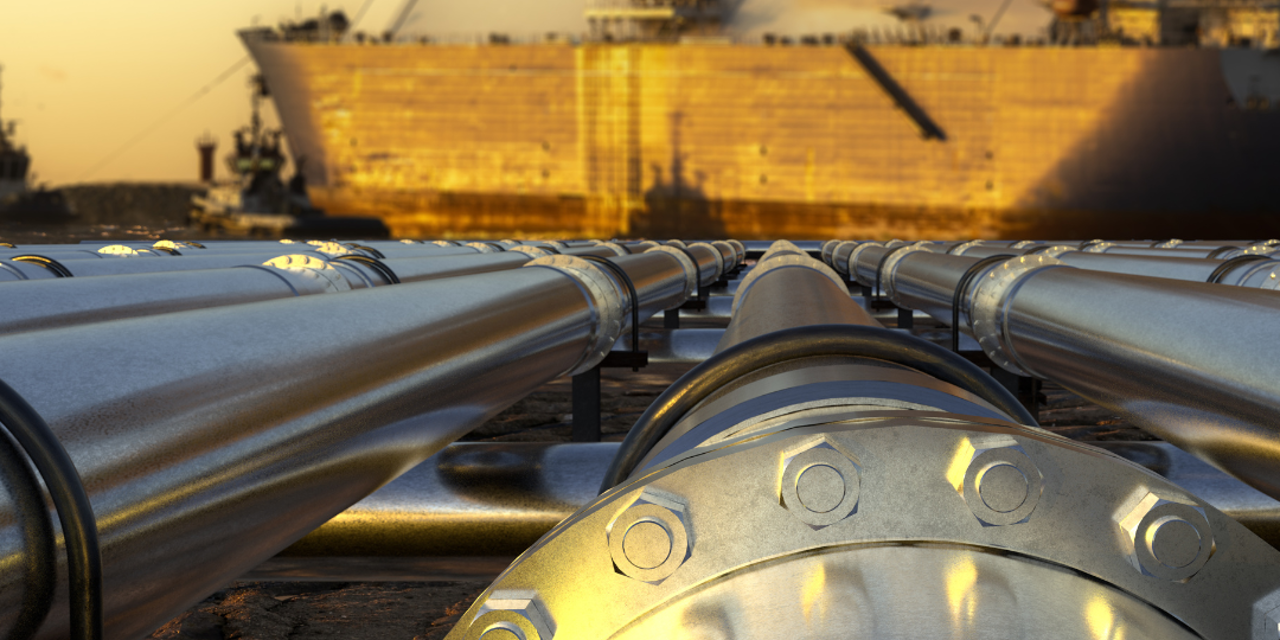ClientEarth Communications
26th March 2025


Oil and gas are two of the most prominent fossil fuels used the world over. But aside from their huge climate impacts, they both pose serious threats to the health of our ocean.
Damage is done to the ocean at all stages of the oil and gas lifecycles, from the ‘exploration’ stage (the process of identifying sources of oil and gas), to the extraction.
The process of searching for sources of oil and gas involves a number of invasive processes which often take place within the ocean. These include exploratory drilling and seismic surveys – generating seismic waves and analysing their reflections and refractions. This can damage the ocean in a number of ways:
Accidental oil spills during drilling can contaminate vast areas of the ocean and cause huge harm to marine life.
Drilling and seismic activities can disrupt the seabed, which often causes harm to sensitive habitats like deep-sea sponge communities and cold-water corals. These delicate ecosystems can take decades to fully recover.
Seismic surveys are also incredibly noisy. Oil and gas companies use seismic air guns to explore for oil offshore. The noise from this, and also from later phases can cause severe harm to and even kill marine mammals like dolphins and whales, as they use sound to navigate, find each other, and locate food.

The extraction of oil and gas involves a huge amount of infrastructure implementation, including lengthy pipelines and oil rigs, as well as increased ship traffic. It also causes vast quantities of different types of pollution, from chemical discharge to microplastics. These activities all cause damage to the ocean:
The extraction of oil can also often cause accidents in the form of huge oil spills, just as the exploration stage can. These spills can travel incredibly long distances, causing destruction and pollution as they go.
Oil and gas operations may release various chemicals into the water, including toxic substances like PAHs (polycyclic aromatic hydrocarbons) and mercury, which can harm marine organisms and disrupt ecosystems.
Oil and gas operations are known contributors to the global plastic pollution crisis. This is because microplastics are released as part of the extraction process. These tiny particles of plastic can end up anywhere in the ocean. They have been found in the lungs of fish, and even in the Mariana Trench, the deepest known part of the ocean.
Oil rigs also produce wastewater, which is full of oil and chemicals and can leak out into the ocean.
Facilities built to extract oil and gas, including roads, pipelines, and rigs can damage and destroy important habitats, like seagrass beds, kelp forests, coral reefs and deep-sea ecosystems.
Once built, these infrastructures cause serious impacts to sensitive marine biodiversity and interfere with the movement of migratory animals, such as whales and dolphins.
All these activities also have a negative impact on communities and Indigenous Peoples who rely on the ocean for livelihoods and ways of life.
Offshore oil exploration, drilling, and production causes disturbances to the fish and animals that are vital to the subsistence and cultural practices of Indigenous People in the Arctic, for example. Oil and gas development and extraction also often negatively impact coastal communities, as they disrupts fishing grounds, tourism and other industries that depend on the health of the ocean environment.